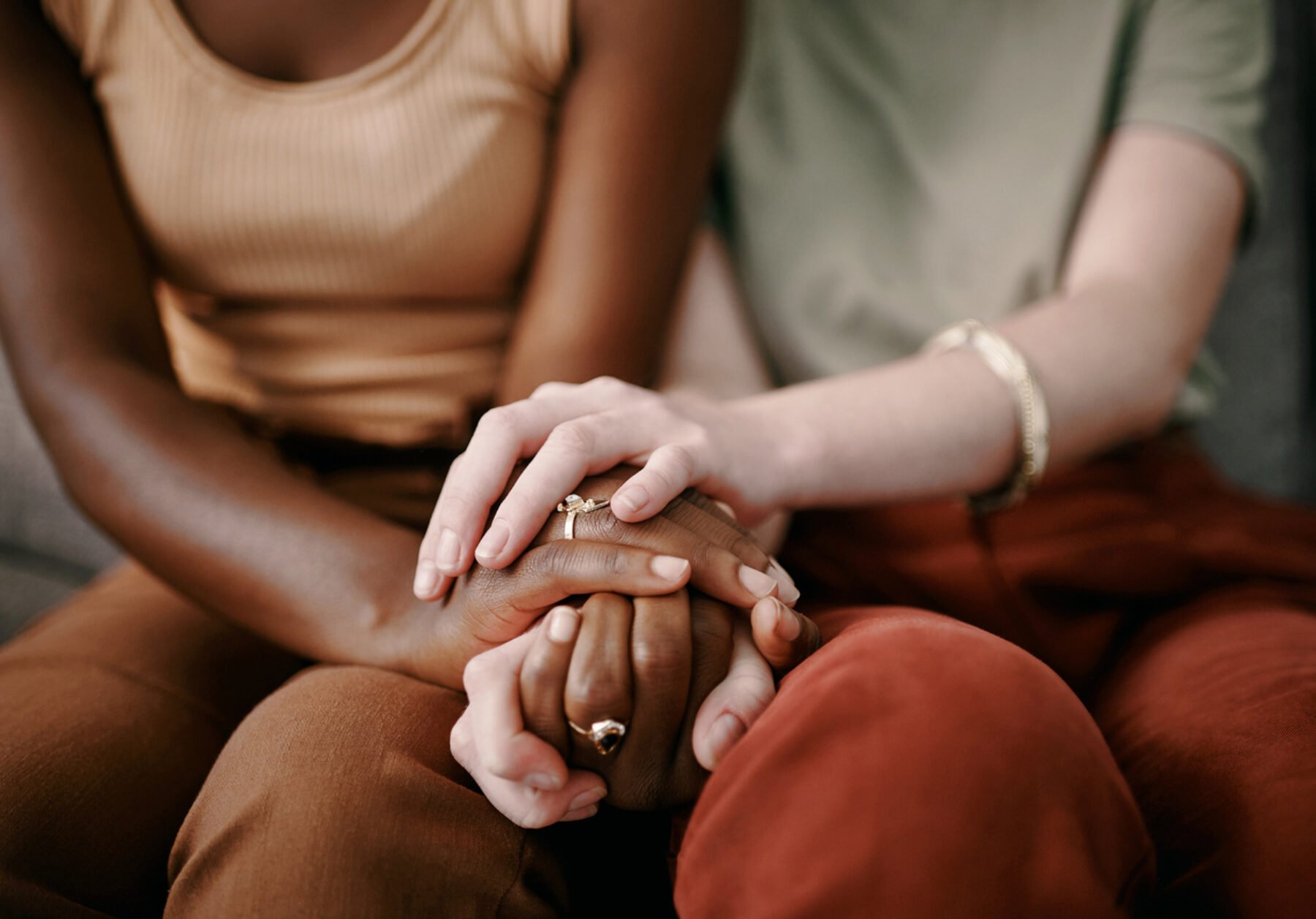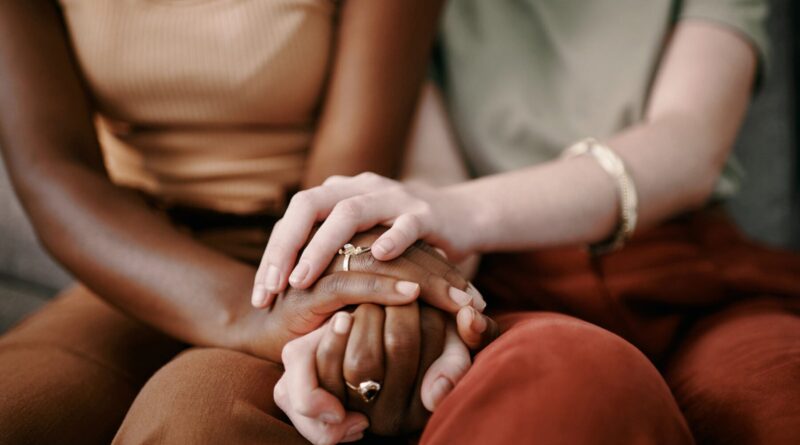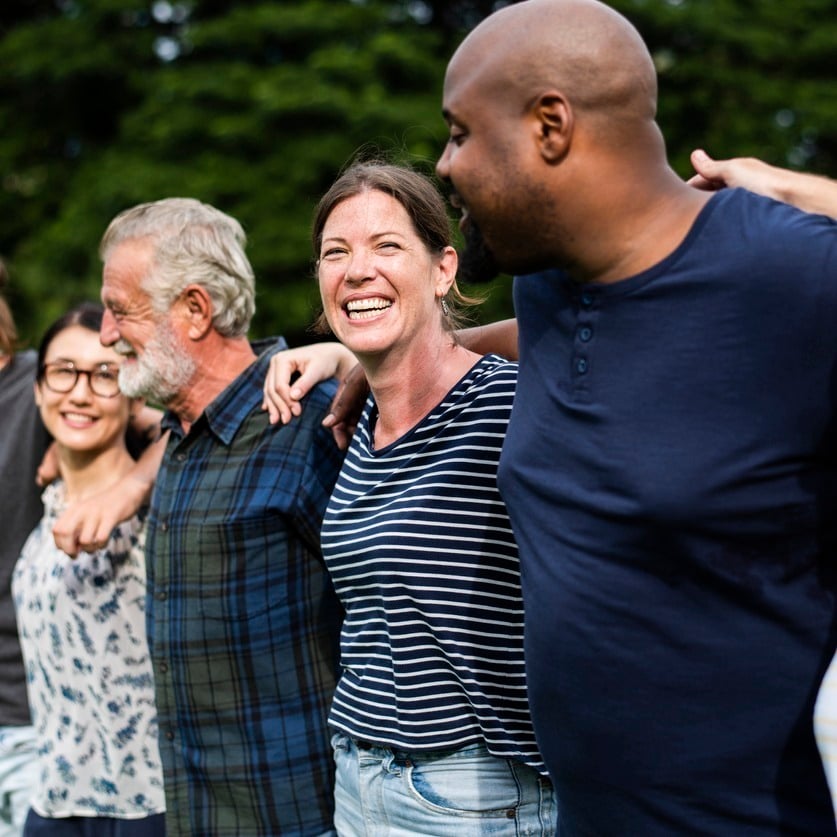How to support someone who has been sexually abused – Positive News

What to say (and what not to say) and how to help a survivor of sexual abuse, including organizations that can help
What to say (and what not to say) and how to help a survivor of sexual abuse, including organizations that can help

You don’t have to be a sex abuse expert to provide a caring, supportive ear. It may sound like a daunting task, but the importance of being there for a survivor cannot be overstated. Navigating the conversation can be difficult and you need to be prepared for the victim to have a lot to say, but there is some sound advice from Rape Crisis England & Wales here on how to listen. Above all, believe what you are told, don’t judge, respect boundaries and remember it’s not their fault.
Photo: Gaelle Marcel

If they are ready, your local Sexual Assault Reporting Center (SARC) may be a good place to start. They can go there without talking to the police and still get a forensic examination, as well as medical help with injuries, emergency contraception and STI and pregnancy tests. An Independent Sexual Abuse Counselor can provide free, confidential and tailored support for everything from accessing health care to the justice system. Find a local one through the Survivors Trust here. There is also Survivors in the UK, which specializes in men and non-binary people. In the long run, Rape Crisis can show local counseling support. They have similar organizations in Scotland and Ireland.
Photo: SouthWorks

Sexual harassment is a crime, full stop. By definition, it’s any sexual activity, including sex and touching, that they don’t agree with. For anyone who is unclear about what consent means – and what it doesn’t mean – Citizens Advice offers this guide. If they are ready to go to the police, they can try to ask for a special Relationship and Sexual Offenses Officer. If not, SARC can take both the statements and the forensic evidence, and keep it if it wants to report the crime later.


Offer to accompany them to meetings or to the police, or – if they are afraid of others – spend a few nights with them. It is better to ask what help they want than to make assumptions. Remember to be patient and don’t be offended if a kind gift is rejected. Let them stay in control and don’t force them to do anything until they are ready.
Photo: Becca Tapert

Guilt, shame or fear of judgment are just a few of the reasons why victims and survivors do not tell anyone immediately what happened to them, so it is important not to question their motives and ask why they haven’t spoken sooner. The truth is that sometimes, it can take years to open up. Likewise, don’t ask why they didn’t run or fight: it’s normal for people who have been sexually assaulted to sometimes feel frozen and they cannot speak. Also remember that it is not your story to tell, so always keep it confidential and only share the survivor’s experience with their permission.
Photo: Munga Thigani
Main photo: Delmaine Donson
Be part of the solution
Positive News is helping more people than ever before to have a balanced and empowering world view. While doom and gloom abound in other media, our media is here to support your well-being and empower you to make a difference to a better future.
But our reporting comes at a cost, and, as an independent, non-profit media organization, we rely on the financial support of our readers. If you value what we do and what we are capable of, please get behind our team with a regular or one-time donation.
Give once from just £1, or join the 1,400+ others who give a total of £3 or more a month. You’ll be funding the production and sharing of our stories – helping our media solutions benefit more people.
Join our community today, and together, we will change the news for us.
Support Good News
#support #sexually #abused #Positive #News

